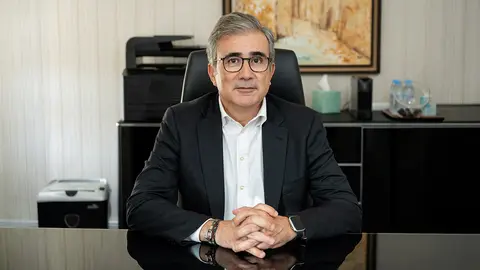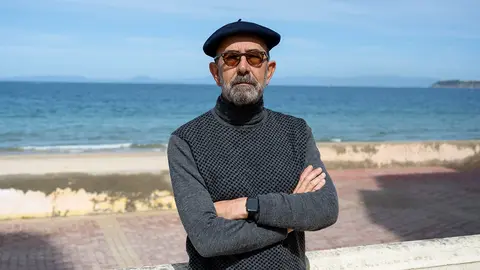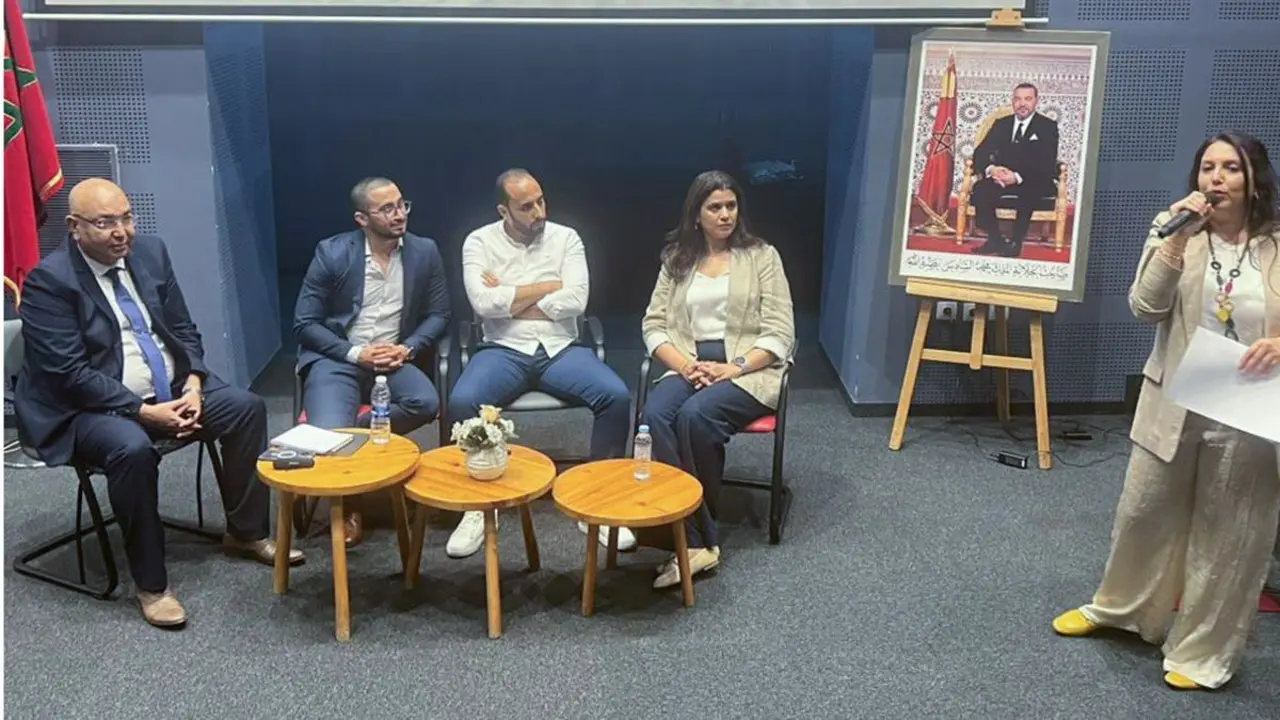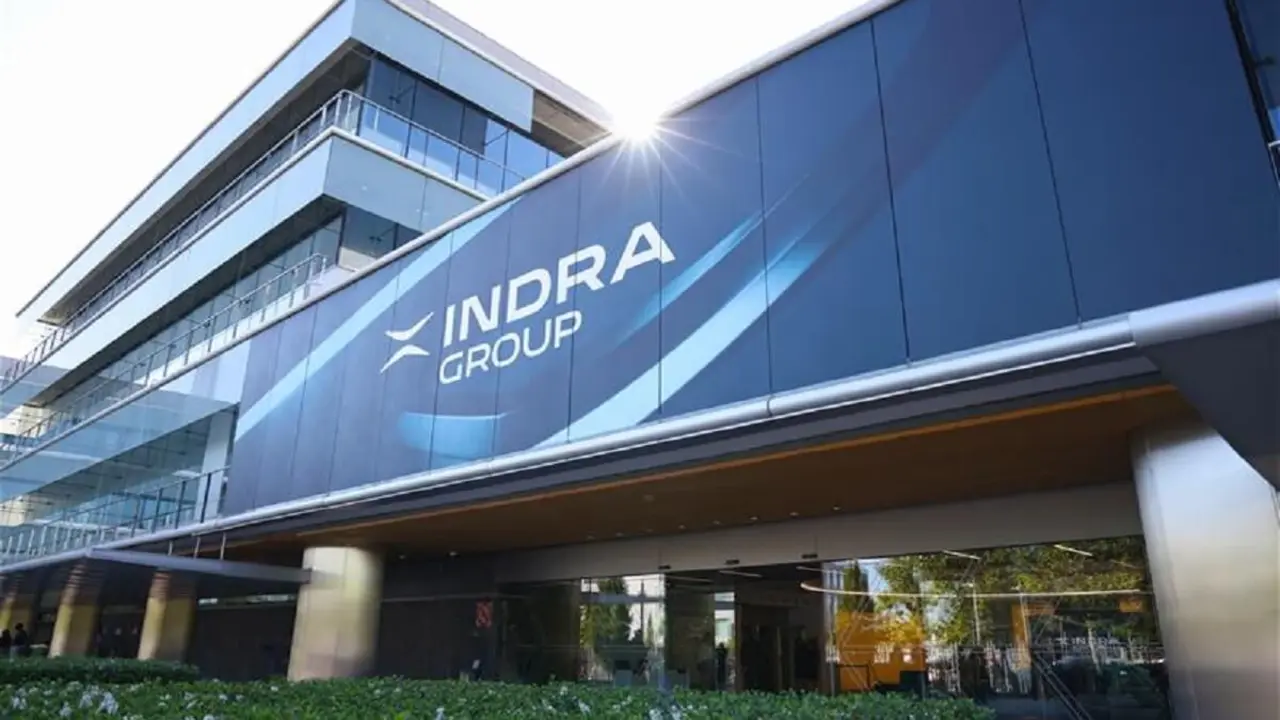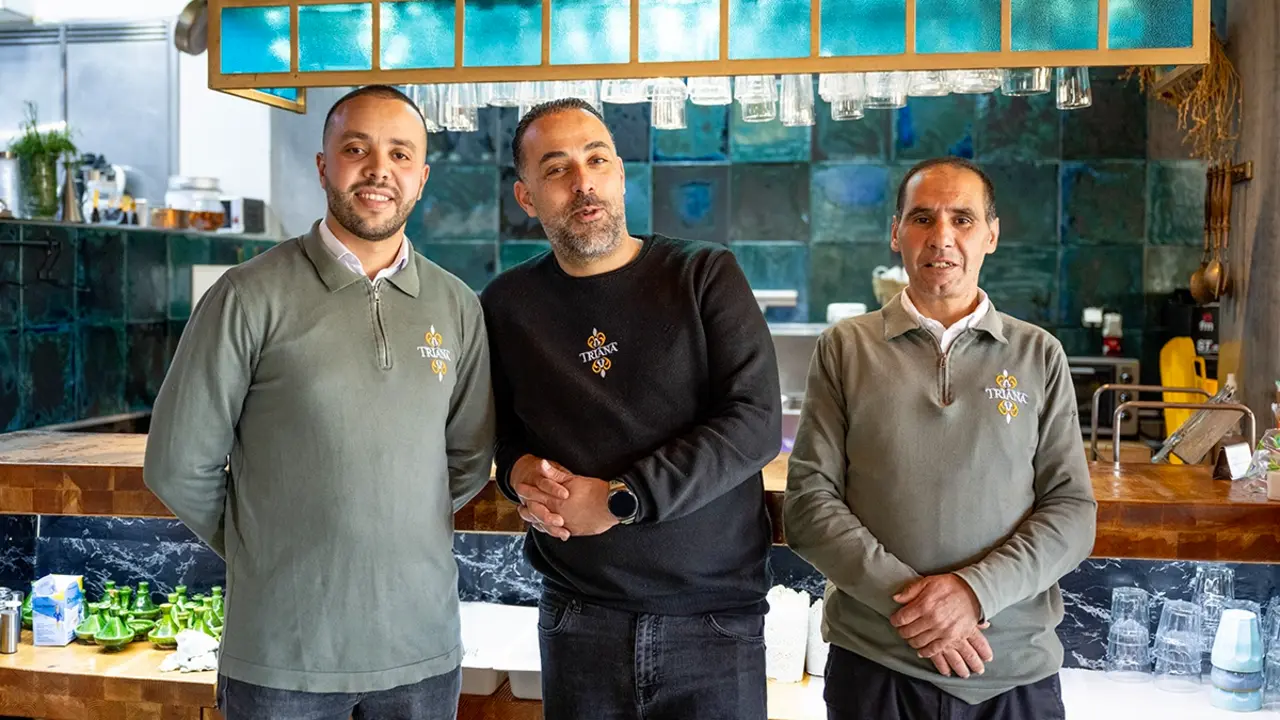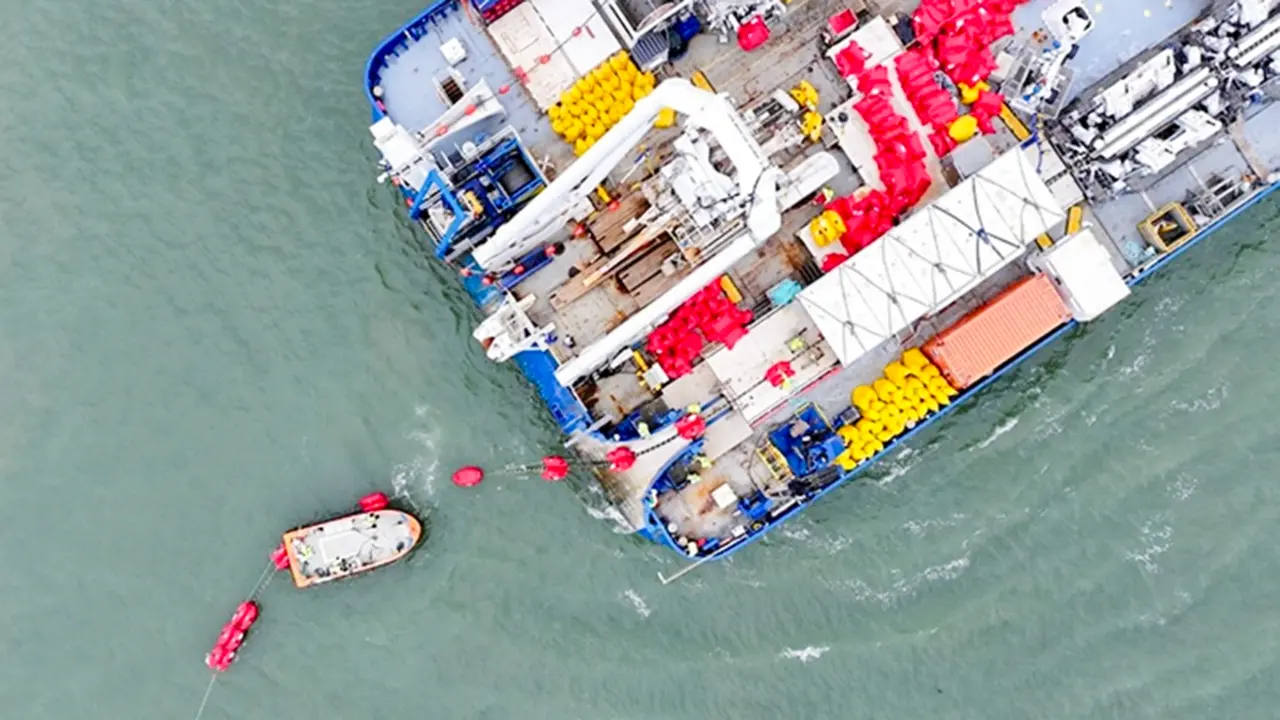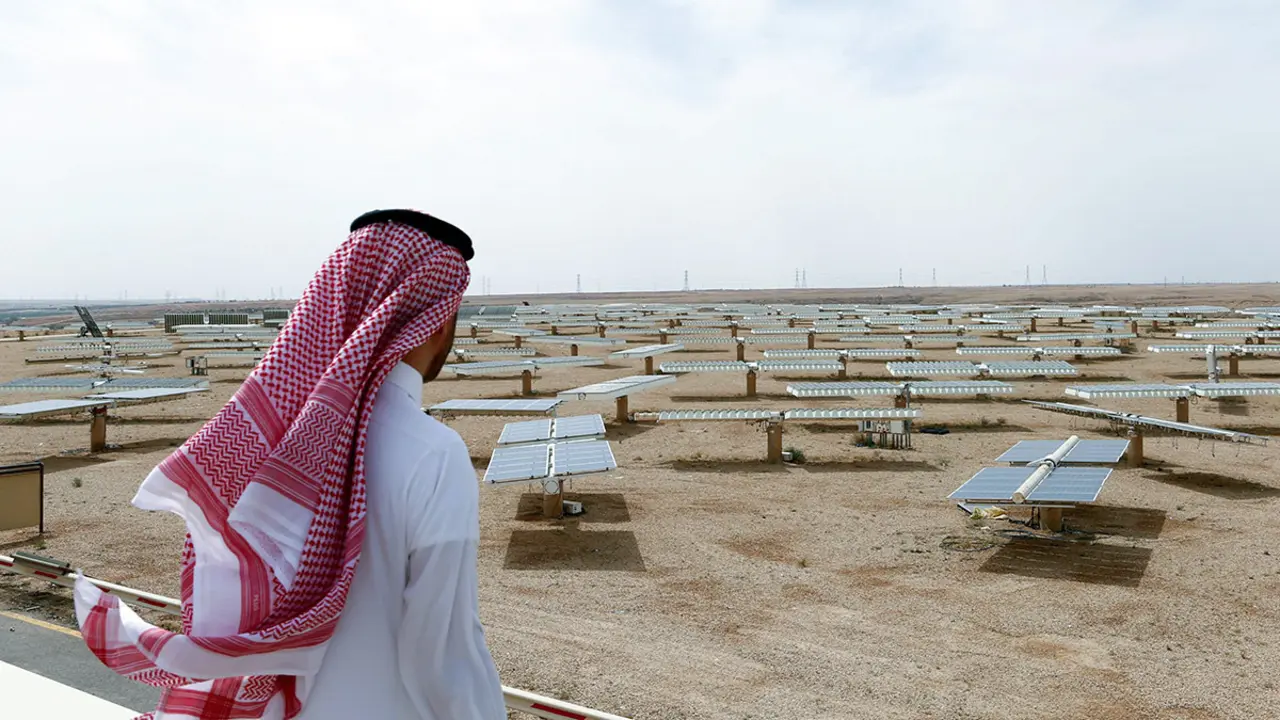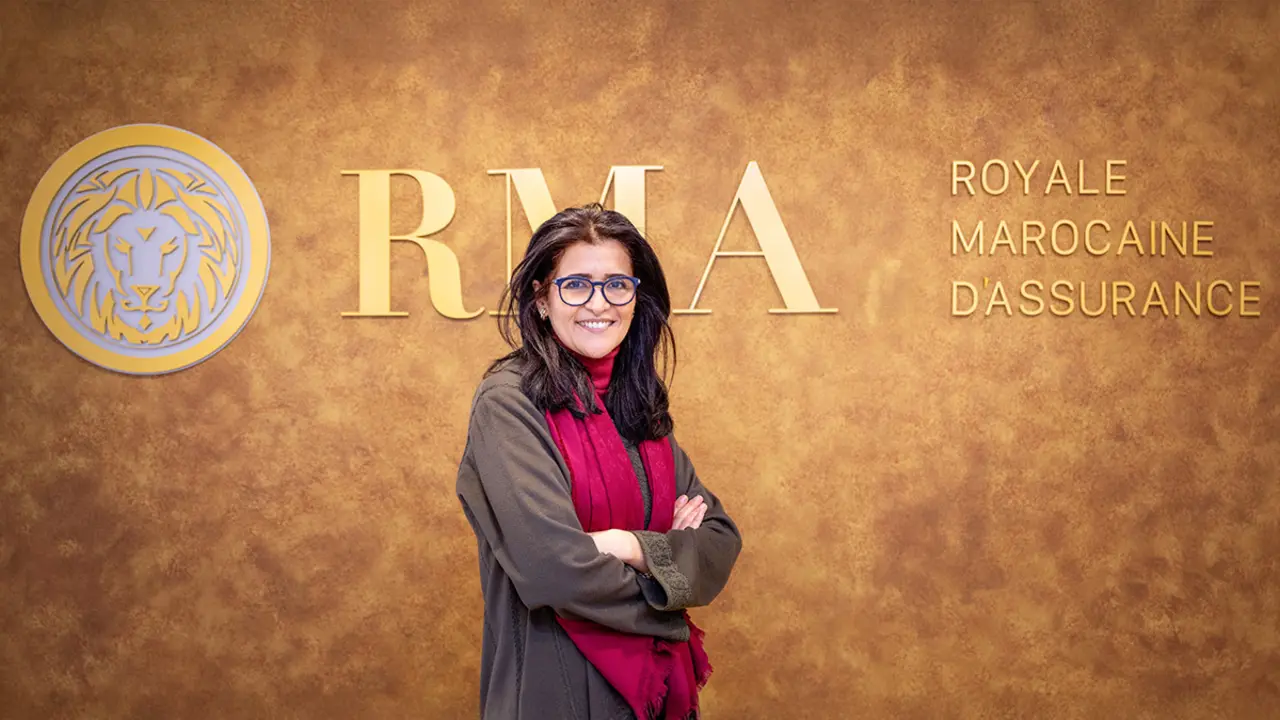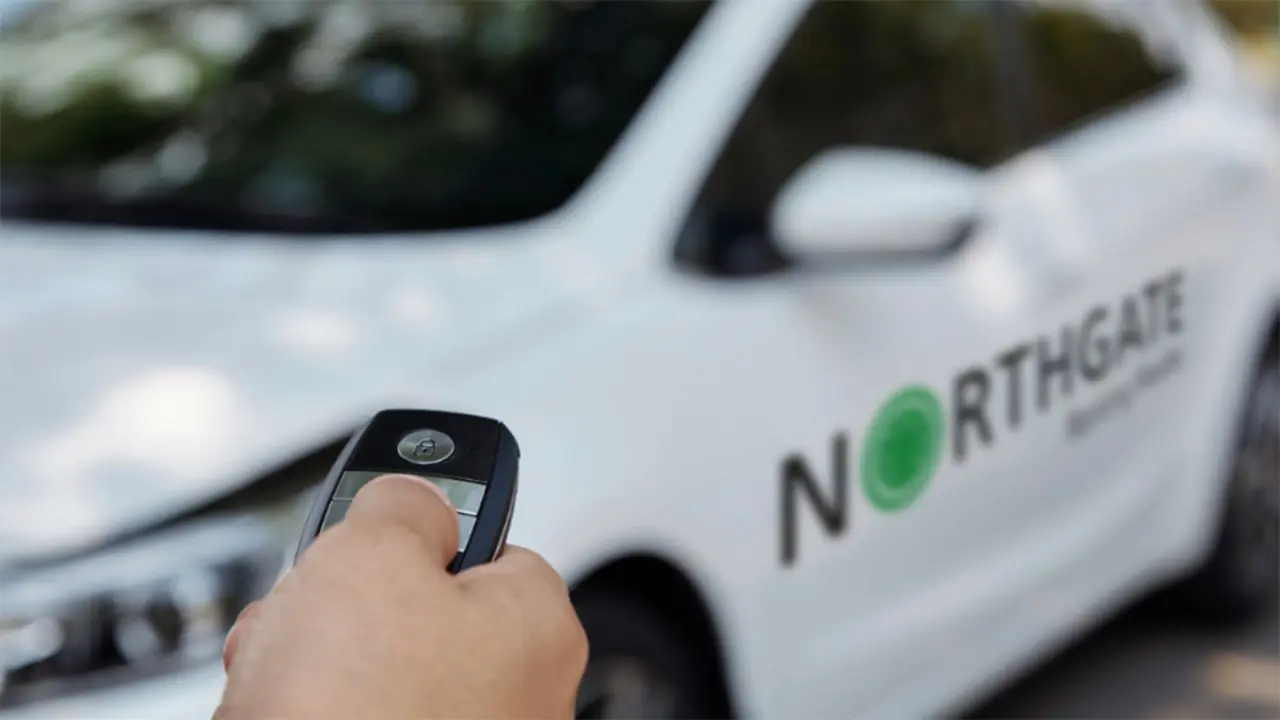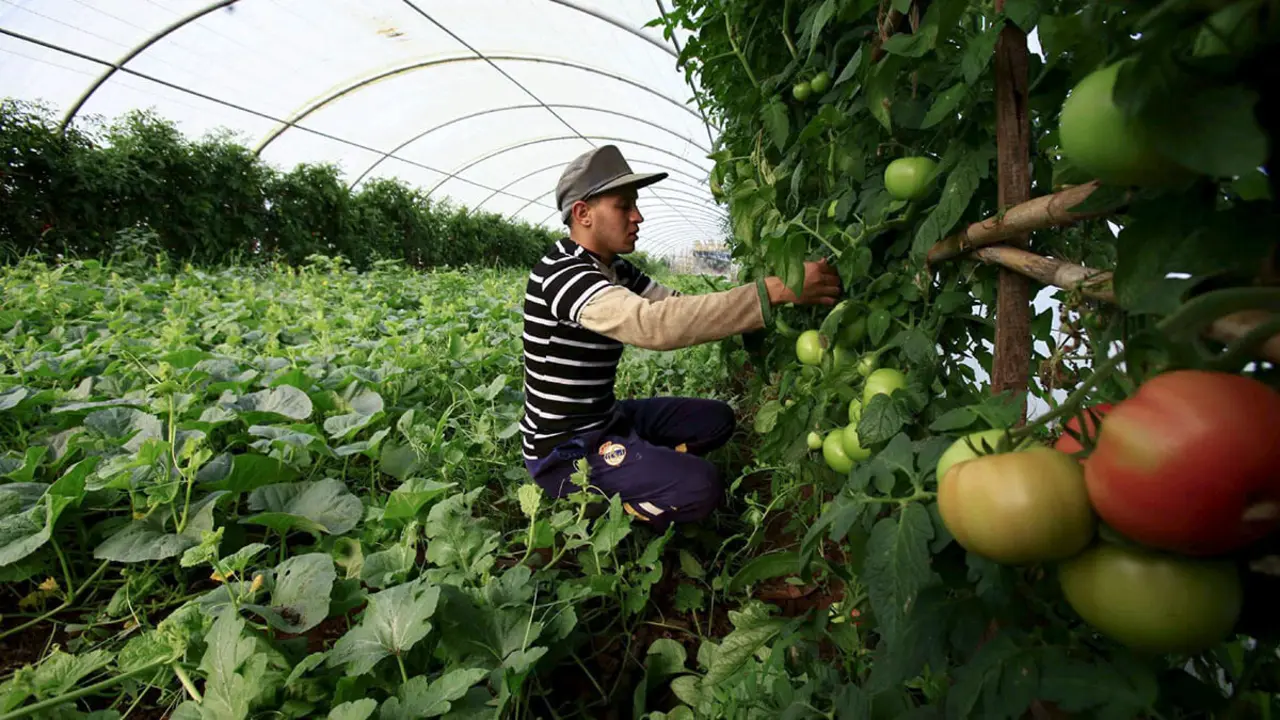Ramón Abdselam García: ‘Nowhere else have we found such strong support from the administration as in Morocco’
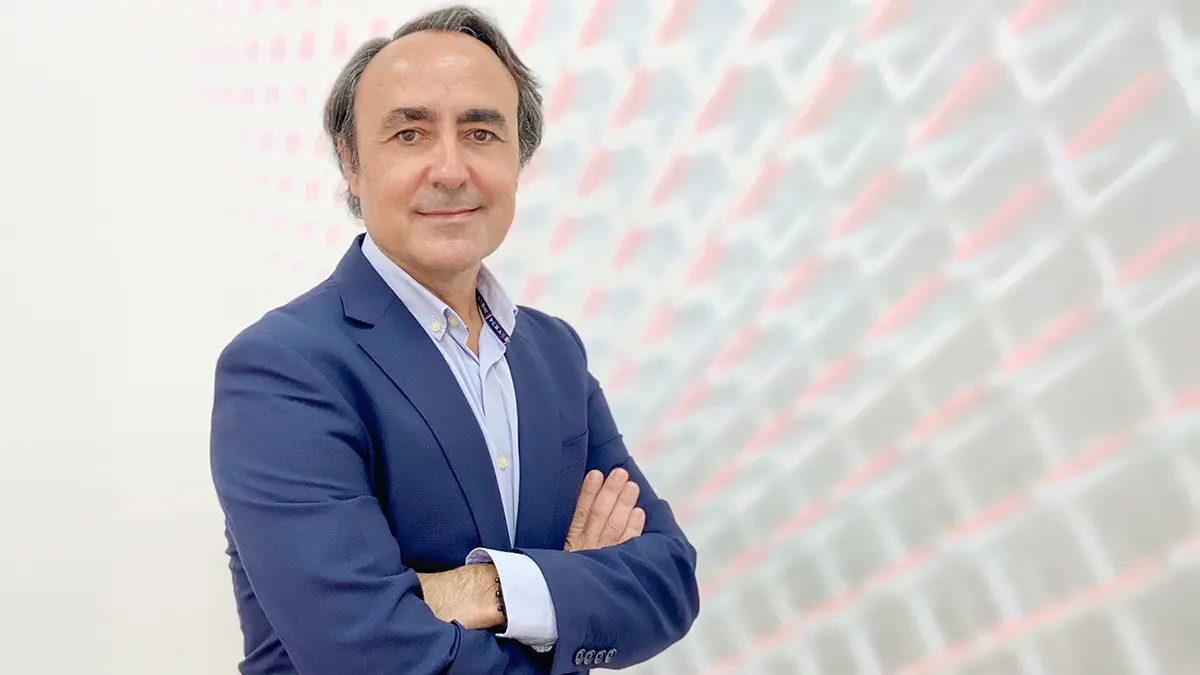
Construction and related industries are one of the most dynamic sectors in the Tangier-Tetouan-Al Hoceima region. Ramón Abdselam García, director of Strugal Maroc, one of the leading manufacturers of aluminium, doors and glass, explains the details of his business to Atalayar.
What is Strugal's history in Morocco? How long has it been established in this country?
We have been established in Morocco since 2009, when we began construction of the aluminium extrusion factory in Larache. We entered the market in 2011. We found a market where customers valued price above all other values. This broke with our commercial policy based on product quality at the same level as European manufacturers; service quality based on detailed customer care; and product variety so that customers could find the product that best suited their needs and budget.
Since then, our growth has been spectacular, not only in terms of turnover, but also in how the Strugal brand has become a benchmark for quality within our sector.
How many branches do you have in the country? Do you have any expansion plans?
We currently have 23 branches. Our goal is to reach 25 in Morocco and five in Central African countries. From 2022 onwards, our expansion strategy will focus on covering the North and Central African markets. Our future will depend largely on how we manage to penetrate these two increasingly dynamic and interesting, but extremely complex, markets.
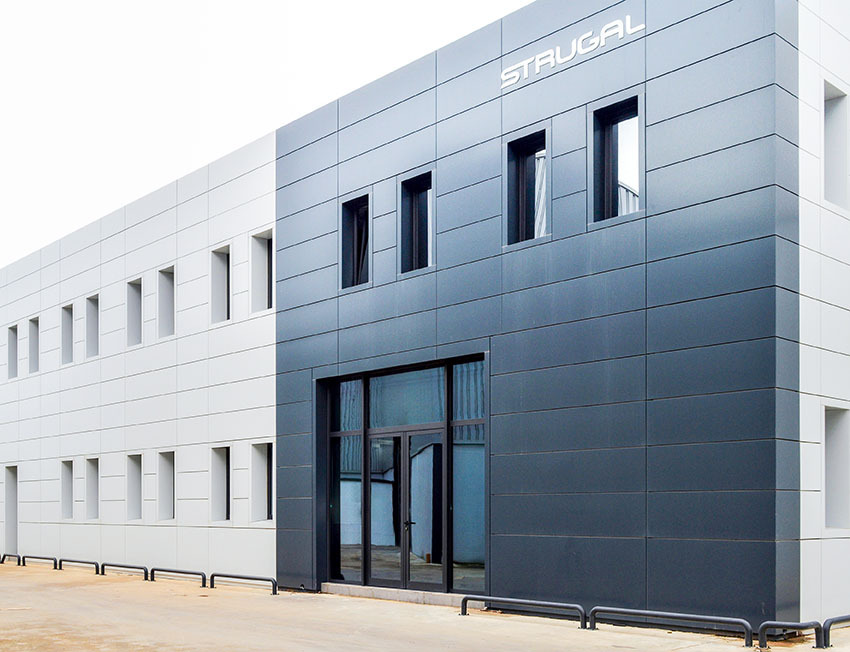
What financial results do you expect?
Our intention is to continue growing on all fronts: in aluminium systems; consolidating the door manufacturing line, as there is no similar product on the market; and strengthening the new glass transformation line.
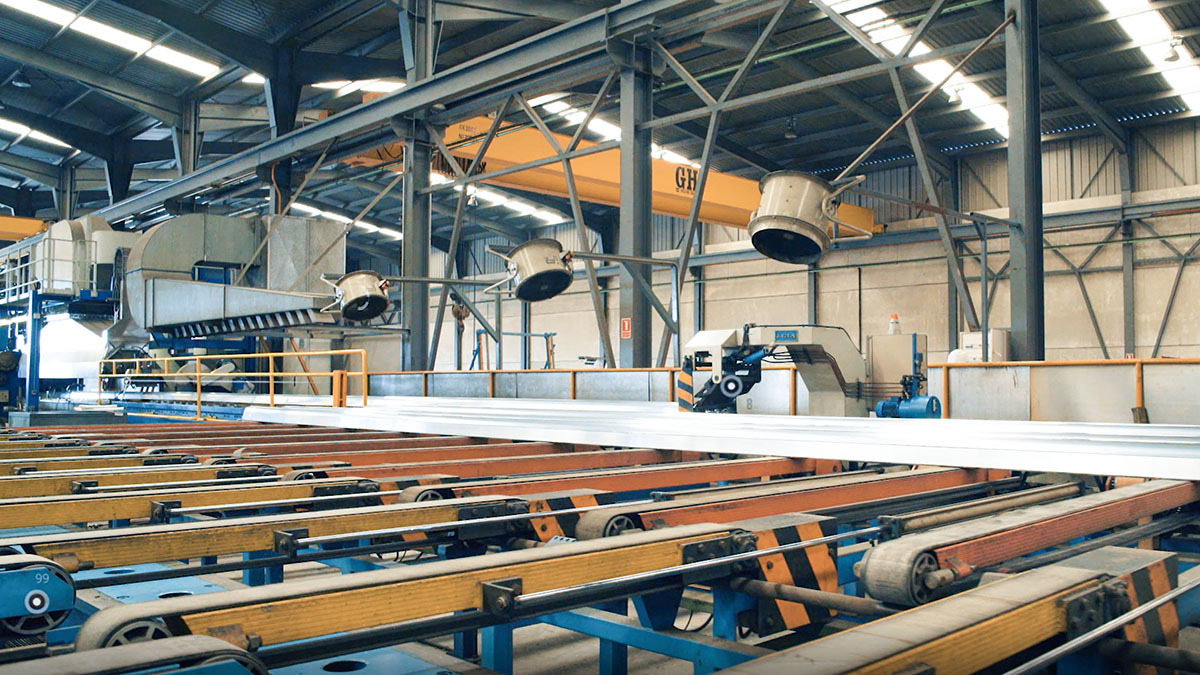
Have you noticed an increase in your business in recent years as a result of economic development and construction in the Tangier-Tetouan-Al Hoceima region?
The economic take-off of the northern region has undoubtedly been spectacular over the last decade, and this has affected the development of industrial and real estate activity in the region. It is worth highlighting the excellent guidance and support provided by the Regional Investment Centre in conjunction with the CGEM-Tangier employers' association, which channels the investment initiatives being undertaken in the region with such excellent results. We have plans to double our current aluminium manufacturing capacity by expanding our existing facilities in Laouamra.
Which of your business lines - architecture, industry or private customers - is experiencing the fastest growth?
All three business lines are growing at the same pace. However, due to the Moroccan government's new industrial policy of promoting domestically manufactured products, I would say that this will be the sector where we grow the most in the next five years. However, the architecture line, thanks to the 2030 World Cup with Spain and Portugal, will see spectacular growth.
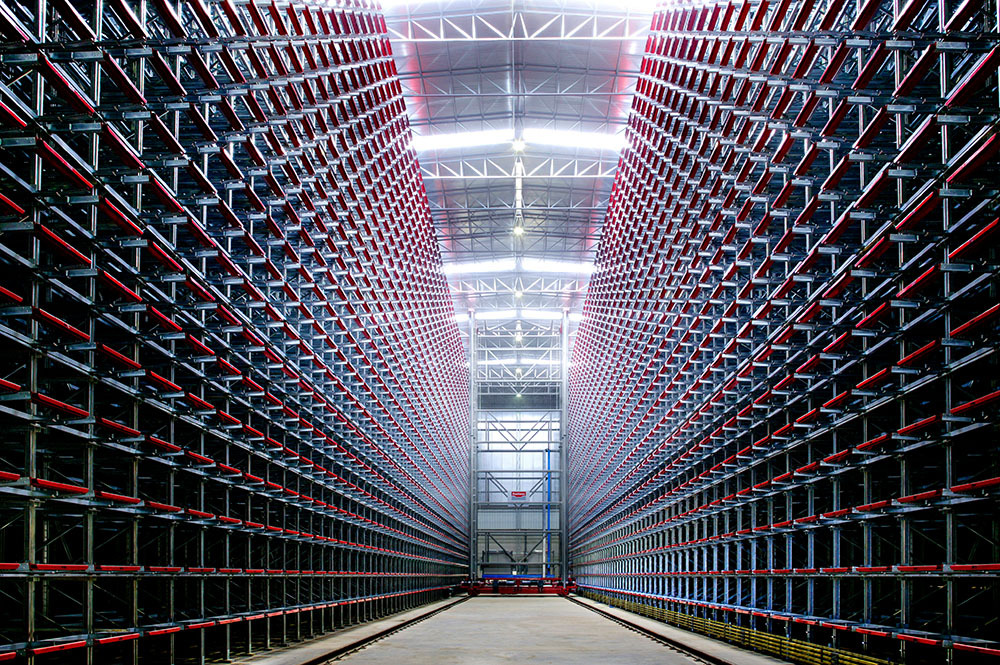
Your company has branches on three continents, Europe, America and Africa. What advantages have you found in Morocco from an economic and business point of view?
Each area has its own peculiarities. What we have seen are the incredible business opportunities that Morocco offers the Strugal Group. Year after year, our activity in Morocco has become increasingly important. From the outset, we have been supported by the government and public bodies involved in industrial investment. We have not experienced this kind of close collaboration anywhere else.
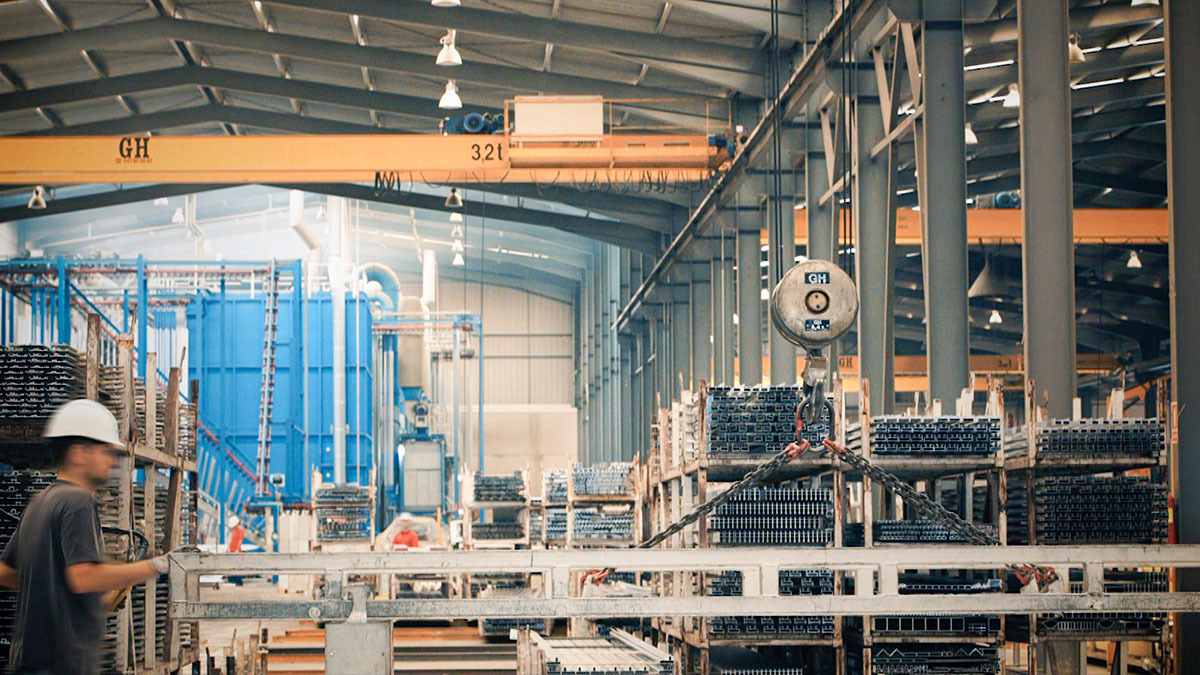
Strugal's activity requires a highly specialised workforce. What are the selection processes like? Do you have specific training programmes for your employees?
Indeed, our factory staff must be highly specialised. We collaborate with vocational training schools in Larache and Kasar El Kebir, and recently with the Juan de la Cierva Vocational Training Institute in Tetouan. For most of our staff, Strugal has been their first job, allowing them to start their working life and acquire knowledge and experience. Our strong technological focus, our way of working and the ongoing training we provide to our team enhance their professional profile in the job market.
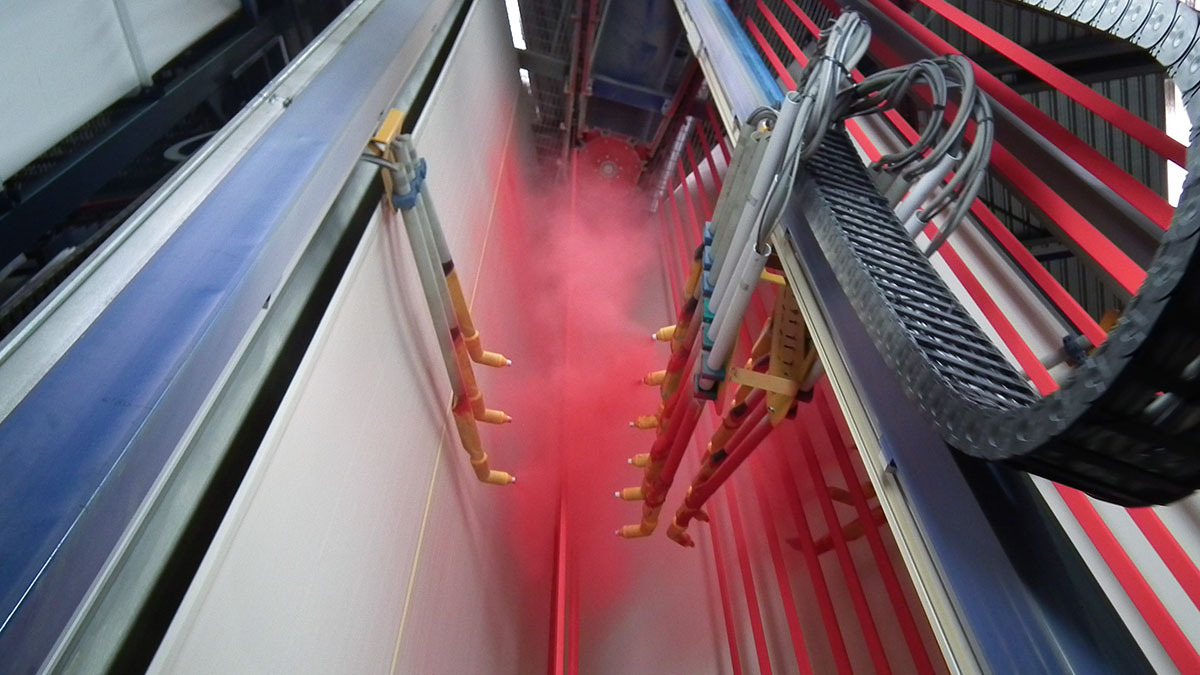
How do you view the level of training of young Moroccans? Are they adapting to the needs of companies like yours?
There needs to be closer collaboration between vocational training schools and companies in their area to adapt the specialities taught in these centres to the employment needs of the latter. There is currently a lot to be done in this regard, but we are confident that this will happen. We should highlight the values that young people from these vocational training schools bring with them: their seriousness, their enthusiasm for learning, their flexibility, etc. These are undoubtedly the values we emphasise. Specific training and experience can be acquired, but attitude at work is something that is built up over time.
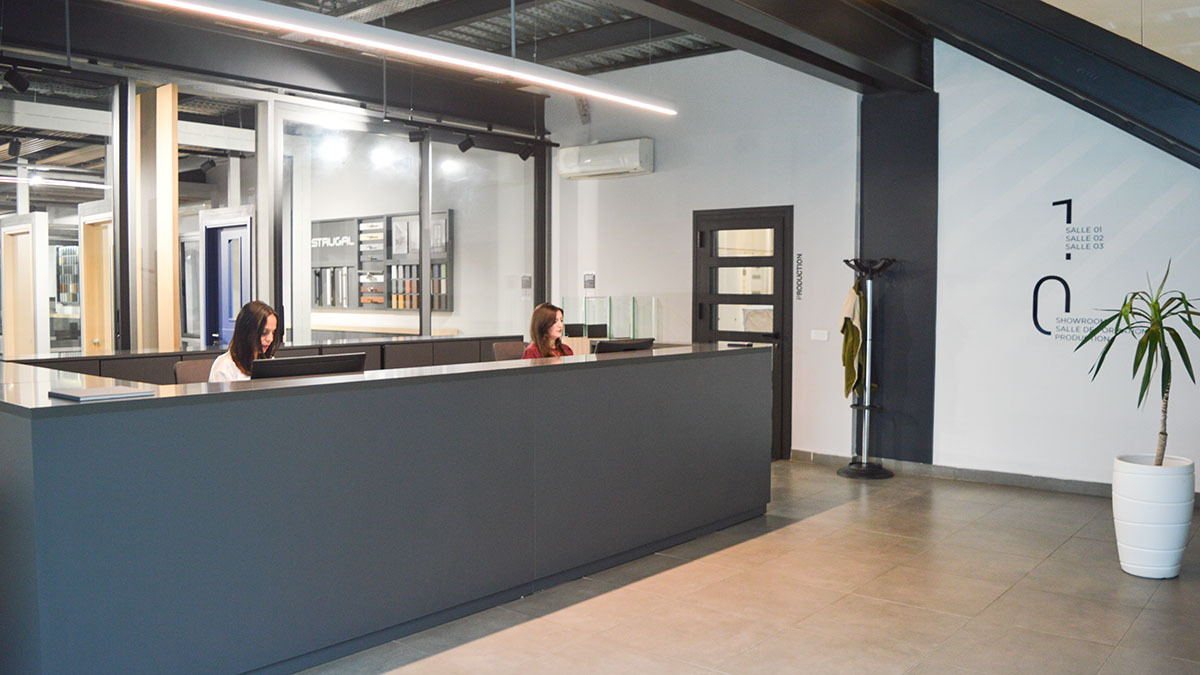
One of the key issues for business development is logistics and transport. What advantages does the Tangier-Tetouan-Al Hoceima region offer in this regard?
This is one of the most important issues, and explains why we set up in Larache, rather than in Casablanca, Agadir or Fez. The province of Larache allows us to be in a strategic location, within a 300-kilometre radius of the country's most important markets: thanks to the motorway and quick access to it, we are close to Casablanca, Fez, Meknes, Tetouan, Tangier, Rabat, etc., which represent 90% of the market. On the other hand, we are less than two hours from Tangier Med, which facilitates both imports of raw materials and exports to Africa, the United States and Europe.
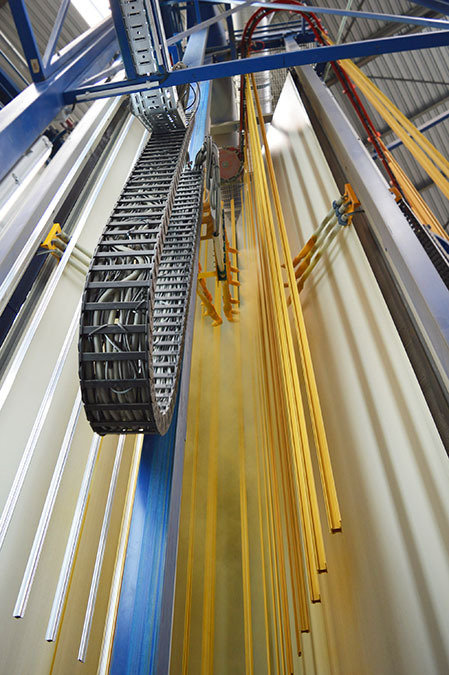
From your experience, what would you recommend to an entrepreneur who wants to set up in Morocco and has doubts?
I would recommend several things:
- Don't be in a hurry to achieve positive results.
- Have a clear vision of what you want to do and how to do it.
- Ensure that the product or service you offer meets the most demanding quality standards of the European market.
- Present your project to the CRI. They will help you to make it a success.
- If possible, join the CGEM.

